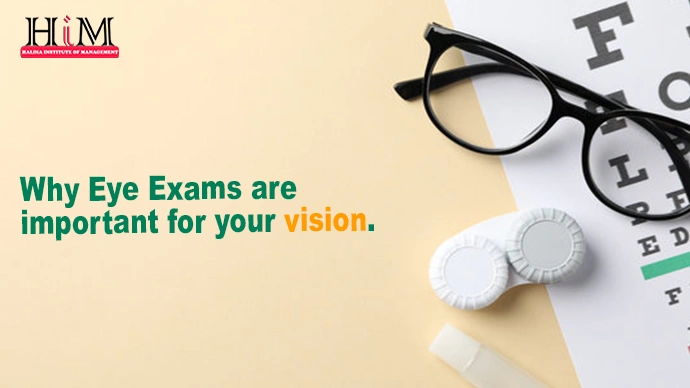
The eyes are among the body's most delicate organs and are regarded as one of the five senses that are most crucial. Despite this, taking care of our eyes is frequently neglected, which causes many individuals to lose their vision and require glasses.
It is always done by a licensed Optometrist or Ophthalmologist. They search for any underlying signs or illnesses such as macular degeneration, glaucoma, cataract formation, and retinal detachment.
During thorough eye exams, other major health issues like diabetes, hypertension, etc. are also taken into account because they might affect visual function.
In general, ophthalmologists take a medical history and record any such concerning medical issues. But occasionally, it may also operate in reverse manners.
These severe disorders can be identified with a careful inspection of the inside eye components. This might be used as an early warning sign for the prevention of diabetes, a probable stroke, or high blood pressure.
Why is it important to check your vision?
It is important to check your vision because having your eyesight corrected can enhance the quality of daily living, and regular eye exams are crucial. They will aid in the early detection of disorders that might cause blindness, such as age-related macular degeneration, glaucoma, and cataracts.
Importance of Eye Check-ups
The visual function for both proximal and distant vision is tested during eye exams. The basic visual acuity test determines if and when one will need to start wearing glasses.
Additionally, it highlights any periodic adjustments required due to changes in visual function over time.
Optometrists search for any additional eye problems in addition to near- and farsightedness.
Even though they are relatively prevalent, problems like astigmatism can be highly upsetting in daily life. Optometrists identify the need for cylindrical power during such examinations.
If detected in time, more than 75% of instances of blindness can be avoided. Even while eye exams have a lot to offer, they are useless if not done often.
Once completely grown, many eye signs and illnesses are either impossible to reverse or extremely difficult to treat later on. A comprehensive eye examination should always include a careful inspection of the lens, retina, and optic nerve.
The disorder is known as a cataract that causes the eye’s lens to become opaque, impairing vision. To restore normal vision, early cataract detection and lens replacement surgery are crucial.
If retinal detachment is not properly managed right away, it might result in total blindness and is a medical emergency. Early detection of any such growth during routine eye exams might be very beneficial.
